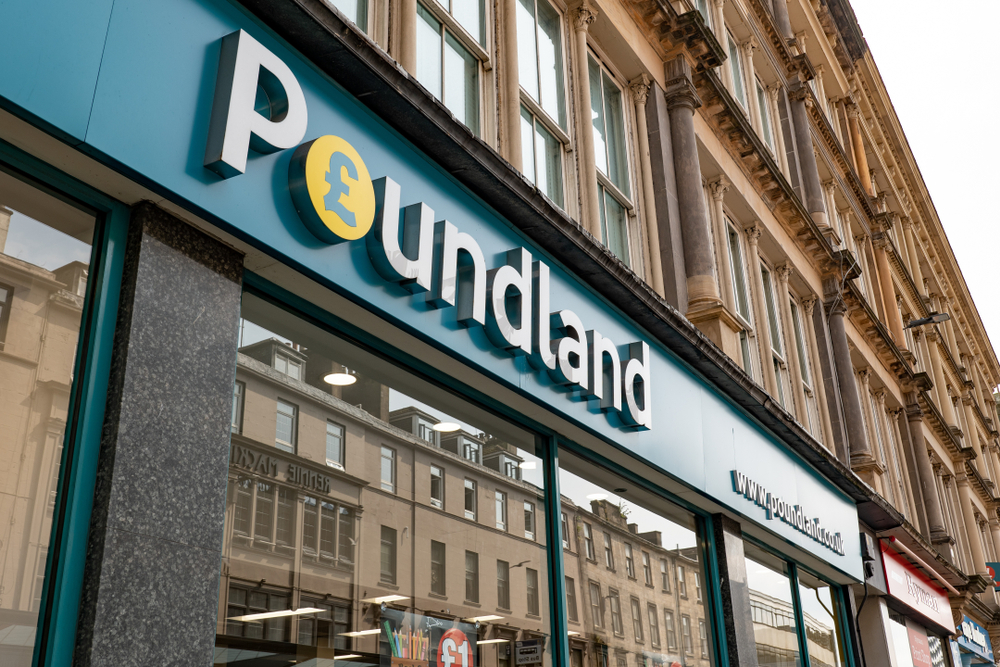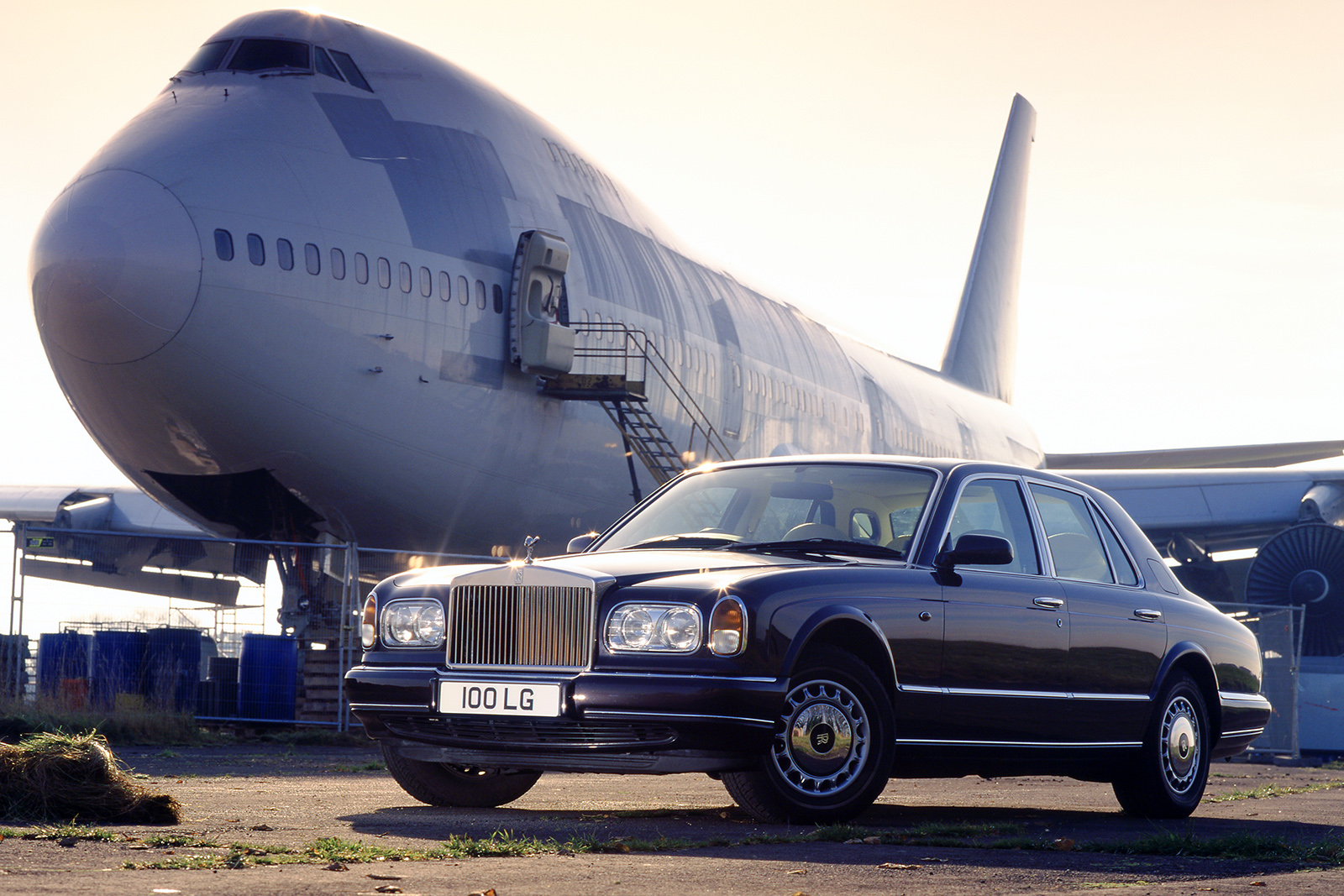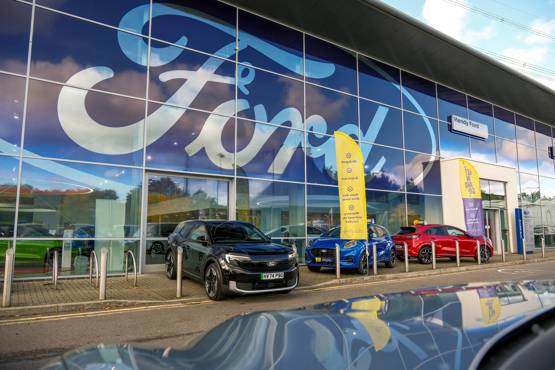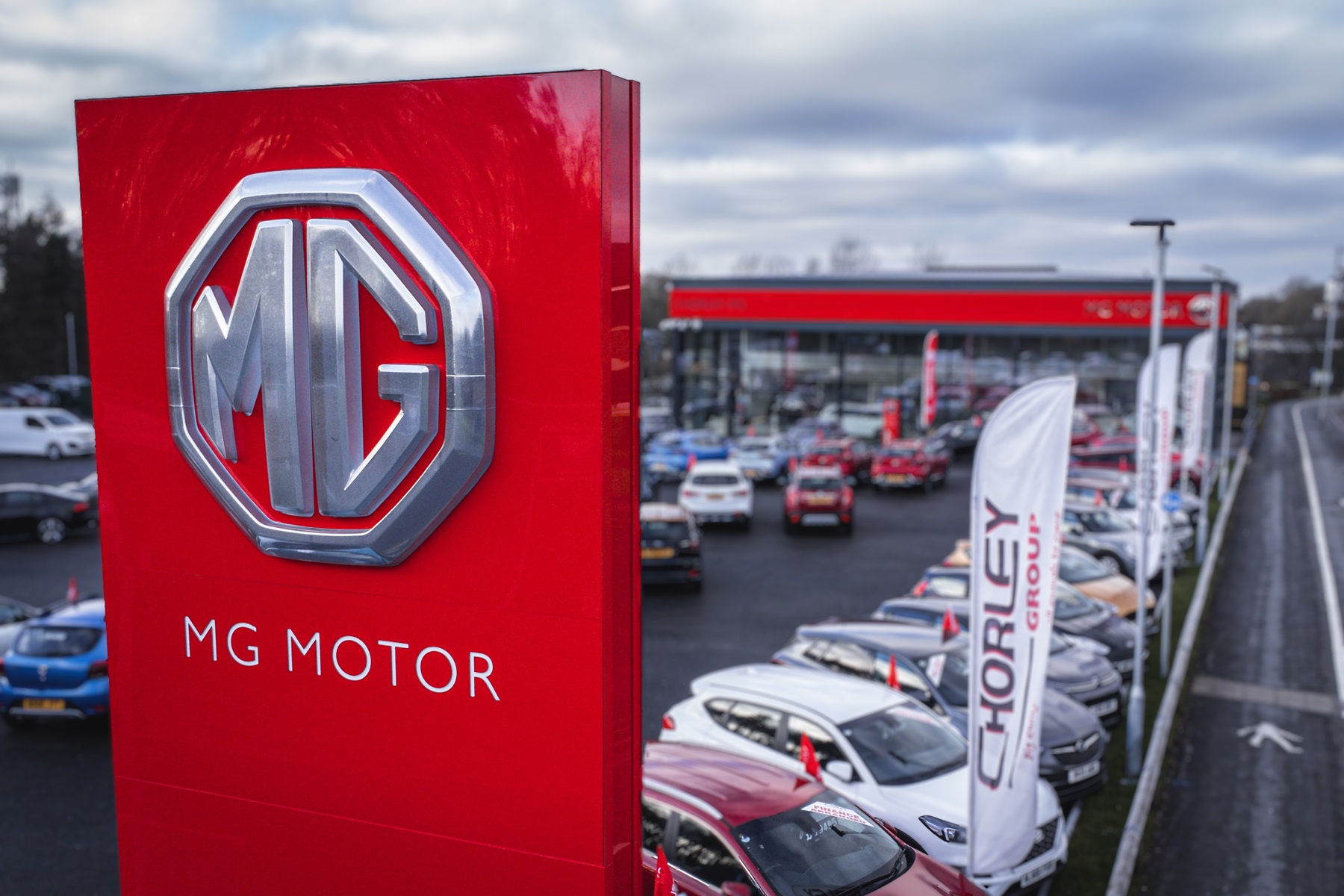What does Poundland’s £1 sale mean for the future of discount retail?
Struggling discount chain Poundland was snapped up this week by distressed investor Gordon Brothers for just a £1.

Struggling discount chain Poundland was snapped up this week by distressed asset investor Gordon Brothers for just £1.
The US investment firm, which paid a “nominal sum” for the retailer, has pledged to inject up to £80m to fund its proposed turnaround plan led by returning Poundland boss Barry Williams.
Poundland’s restructure is expected to include the closure of up to 200 sites as well as steep rent cuts on more than half of its 800-plus store estate, via a court-sanctioned scheme. The strategy places hundreds of jobs at risk.
The sale comes amid a difficult time for the business, which downgraded its profit guidance last month after reporting its fifth consecutive quarter of falling sales.
Retail Gazette takes a look at what’s next for Poundland under its new owners and what the sale means for the rest of the discount sector.
What’s next for Poundland
 Following the sale, Poundland is hoping to get approval to close between 150 and 200 stores as well as impose rent reductions of between 10% and 50% at up to 500 of its sites.
Following the sale, Poundland is hoping to get approval to close between 150 and 200 stores as well as impose rent reductions of between 10% and 50% at up to 500 of its sites.
The discount chain is also understood to be weighing a request for a freeze on business rates, despite already owing local councils millions of pounds for outstanding debts.
The radical restructuring plan – which impacts the majority of Poundland’s estate – will be put forward to the High Court in the coming weeks for approval.
The move will speed up the retailer’s store closure programme which has so far been relying on leases expiring to pull out of the location.
Jonathan De Mello, chief executive of strategy consultancy JDM Retail, approves of the retailer’s wide ranging plan, arguing Poundland was in need of “drastic measures to arrest the decline”.
“They’ve opened so many stores, driven by ownership of the business and to drive market share,” De Mello says, explaining that the problems with the retailer’s store estate date back all the way to the 147 former Woolworths units it took on in 2014, and later the former 99p Stores and Wilko units it rushed to take on.
He points out that in some cases this left Poundland with a “doubling up of representation in those locations” and additional lease liabilities.
De Mello adds that the West Midlands-founded retailer has also expanded into London and the Southeast of England in recent years “where rents are much higher and there’s more competition for units”.
He says the business most likely secured rent deals at higher levels which “probably have stung them quite a bit…in the goal to expand at all costs, almost”.
However, getting the court’s approval for a mass restructuring is only half the challenge. De Mello notes that the retailer will also have to get its landlords to agree to such deals.
The restructuring of its store estate forms just one part of Williams’ turnaround plan for the retailer, which he says aims to deliver “a simplified and more focused Poundland at its heart”. 
Williams, who returned to the helm in March, has been quietly addressing criticism that the retailer moved too far away from its £1 price point by expanding ranges and stripping back its loyalty scheme and dual pricing.
He has also downsized Poundland’s leadership team in recent months, which saw the departure of a dozen senior directors in the company’s digital, commercial, buying, retail, HR and supply chain teams.
Williams’ plan is being funded by former Laura Ashley owner Gordon Brothers. The group’s head of Europe Group, Mark Newton-Jones, said he was “delighted” to provide financing for “the substantial turnaround of this iconic retailer”.
Growing competition in the discount sector
Poundland has long been one of the sector’s leading discount retailers, growing its market share as rivals like Woolworths, 99p Stores and Wilko fell by the wayside. However, in the last two years, it has struggled with falling sales and continues to rack up steep losses.
The retailer slashed its profit guidance last month, from between £42.1m and £59m to between just £0m and £16.8m, after sales dropped 6.5% to £830.8m in the six months to 31 March.
Poundland’s owner Pepco blamed “highly challenging trading conditions, which have been further impacted by clearance of old stock and product availability issues”.
Its problems go as far back as the summer of 2023, when the retailer’s parent company phased out its UK-based Pep&Co clothing and general merchandise ranges, in exchange for Pepco-sourced products that were available across Europe.
Almost immediately, the discount chain saw a slowdown in sales as it struggled to shift the new general merchandise ranges and lost customers to rivals.
 Pepco previously admitted to Reuters that the discount chain had “lost a bit of its DNA” with the transition to Pepco ranges and said it was working to “bring this back”.
Pepco previously admitted to Reuters that the discount chain had “lost a bit of its DNA” with the transition to Pepco ranges and said it was working to “bring this back”.
While quite a few of Poundland’s challenges appear to be self-inflicted, GlobalData retail analyst Matt Walton notes there are also several external factors at play.
“The external market for more price driven retailers is tougher and has not helped [Poundland]. But at the same time, I think some of the strategic things that they’ve done hasn’t really helped,” Walton says.
Historically, the value sector has often been described as the most resilient category in retail. Its popularity soars in times of economic downturns, as shoppers look to make their money go further.
However, Walton notes that most recently the sector as a whole – including budget fashion retailers such as Primark – has faced increased competition from supermarkets that have doubled down on their pricing and expanded product ranges, as well as the likes of Shein and Temu offering cheap clothing and homewares.
“You’ve got a customer base that’s been a lot more considered with their purchases and not buying as many discretionary items,” says Walton.
When those consumers are buying, Walton says they’ve been leaning towards “better quality, design-led items” – something that Home Bargains and Primark have tapped into in their affordable homeware ranges.
He says this has most likely left the likes of Poundland “a little bit exposed” when it introduced its Central European-designed general merchandise and clothing lines.
Walton notes that Williams has a “tough” job ahead of him to turn things back around at the discount chain. With the challenge going far beyond the ill-fitted ranges and price points, the retailer also needs to address its store environment and visual merchandising.
Poundland’s bargain sale of the business to Gordon Brothers represents only a partial reprieve for the retailer – it still faces a steep hill to climb if its get back on track to its former success.
Click here to sign up to Retail Gazette‘s free daily email newsletter

















































































































































